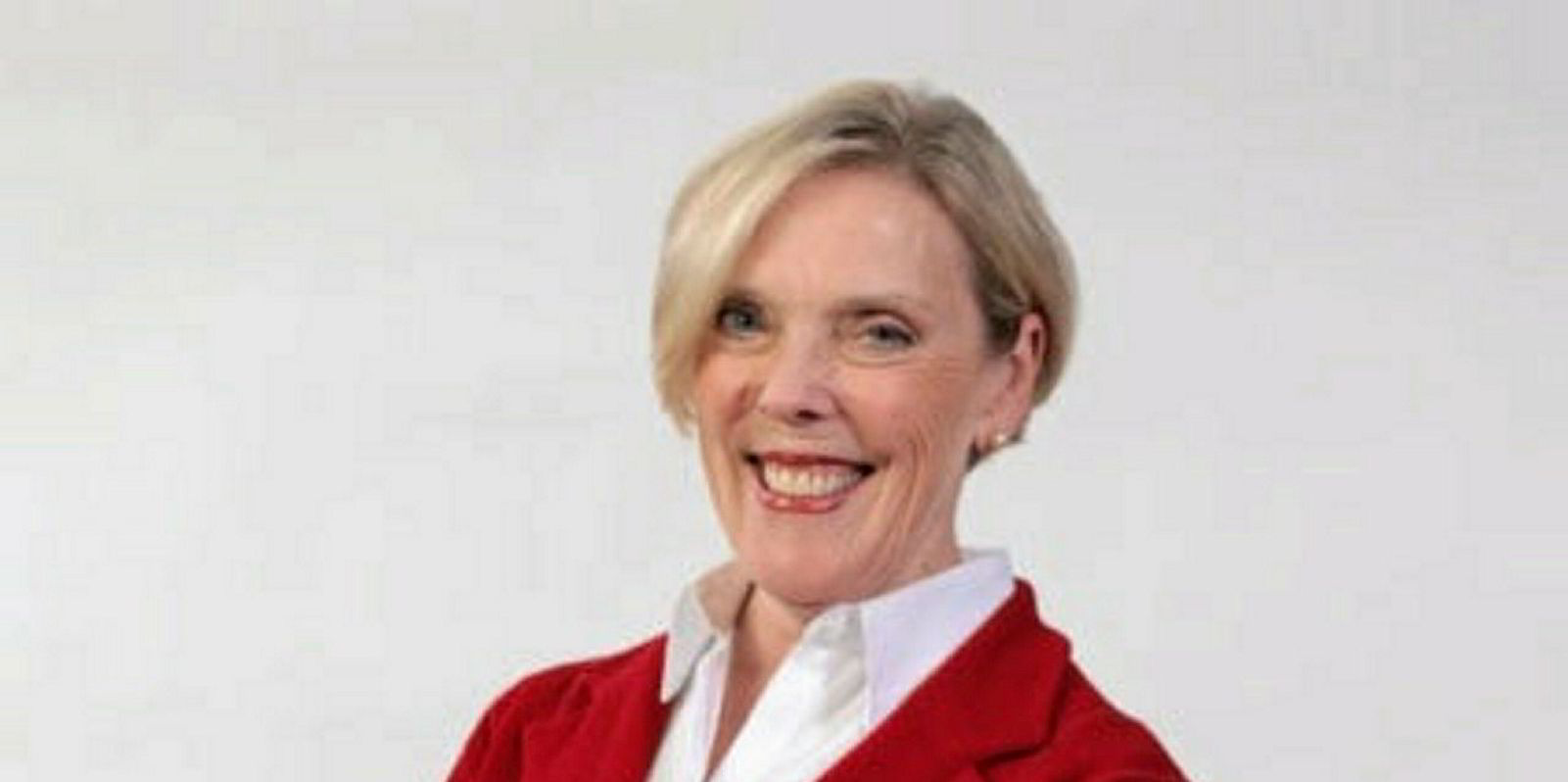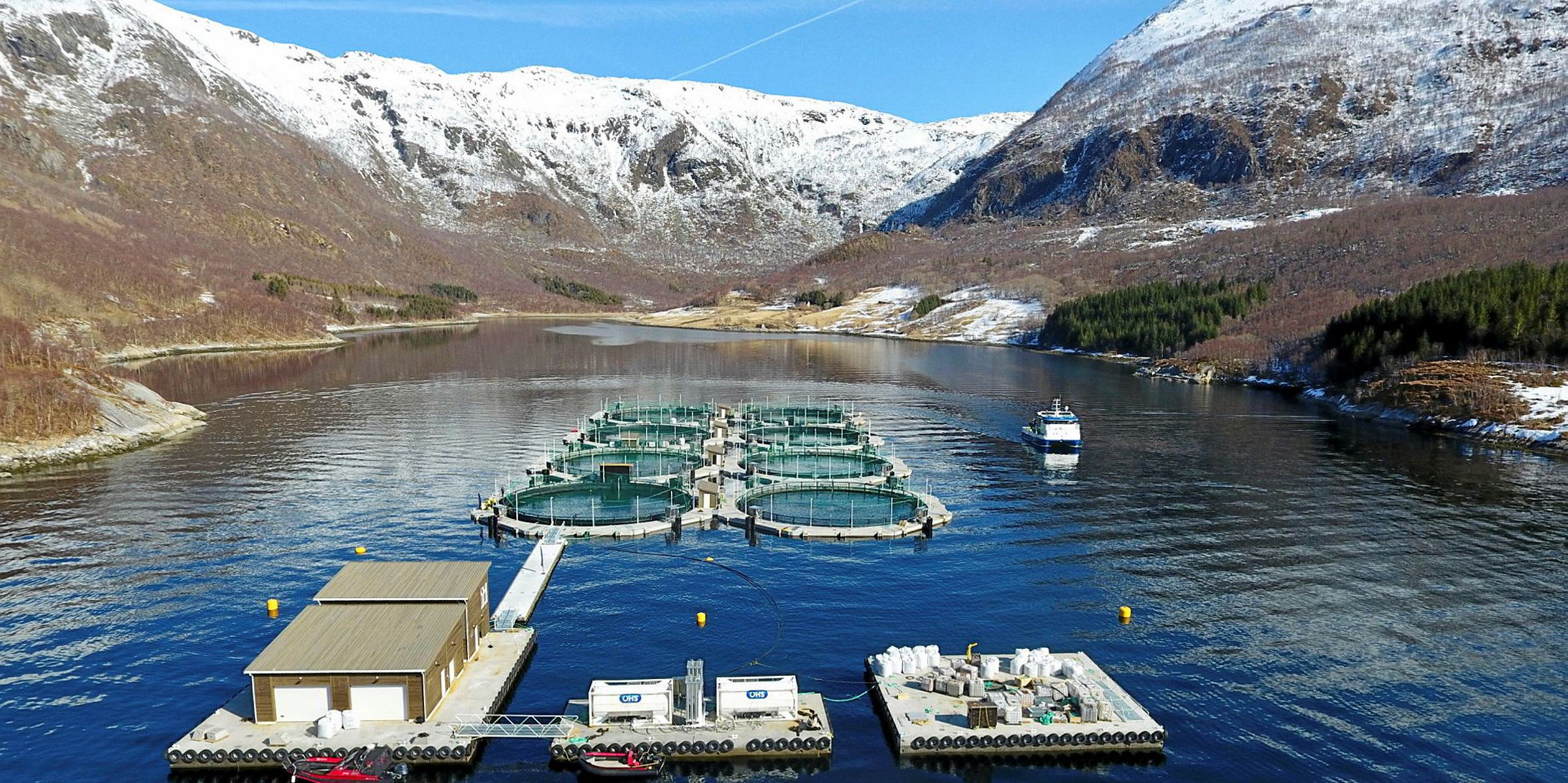(The following letter was sent to IntraFish by Jeanne McKnight, executive of the Northwest Aquaculture Alliance, regarding a Youtube event Patagonia held earlier this month with the Wild Fish Conservancy asking to evict Cooke Aquaculture from Washington state. This letter has been edited for publication).
Patagonia, a billion-dollar, privately held, multinational corporation founded in 1973 and based in Ventura, California, manufactures and sells high-end outdoor clothing made largely from synthetic materials.
Recently, the company began offering a line of what it describes as “responsibly sourced” foods, under the brand, “Patagonia Provisions.” Such “provisions” include a very pricey almond butter that sells for $17.99 for an eight-ounce jar, exotic grains, pastas, and imported spices, and small pouches of wild “responsibly sourced from Alaska” salmon, available in a sampler retailing for $44.00.
So perhaps it is not surprising, given its venture into salmon sales, that Patagonia has taken up with an anti-aquaculture NGO, the Wild Fish Conservancy (WFC), to launch one of the most scientifically unfounded and defamatory attacks on aquaculture by a competitor in the wild fish sector via a video disparaging the family-owned and operated company, Cooke.
The Northwest Aquaculture Alliance (NWAA), whose members share the vision of creating working waterfronts, rural jobs, and a robust Blue Economy through the responsible production of aquaculture products, and whose members are in the business of making it possible for people of modest means to be able to afford nutritious finfish and shellfish, would like to challenge Patagonia to engage with our organization and our scientists to learn the real story of aquaculture—land-based, freshwater, and marine.
We respectfully suggest that Patagonia consider the old proverb, “People who live in glass houses shouldn’t throw stones,” and cease and desist in the airing of the poorly researched WFC video attack on marine aquaculture.
Here’s how we see things:
- By its own admission, Patagonia has a microplastics problem, caused by the shedding of microplastics when the synthetic clothing goes through the wash cycle.
- By its own admission, these microplastics that originate in synthetic clothing such as Patagonia manufactures are turning up on beaches worldwide, and there is no immediate solution.
- By its own admission, Patagonia has a fair labor issue, which it shares with other global brands whose supply chains include manufacture in third-world countries.
We recognize that all forms of food production, including aquaculture, affect the environment. We who grow food (in the sea and on land) have that in common with Patagonia, which by the company’s own admission, manufactures synthetic clothing, which “comes at a cost to the environment.”
So why the self-righteous indignation over aquaculture — marine aquaculture in particular?
We suggest that Patagonia is being used as a pawn by its WFC “partner” as it attempts to disparage our industry and our NWAA members, making claims that are completely without merit.
While such hyperbolic statements as we hear on the video may make great fundraising fodder, they do little to foster a broader understanding of the great strides aquaculture has made in the past decade to become a more sustainable, environmentally responsible, industry.
We challenge Patagonia to examine the motives of its anti-aquaculture NGO partner, whose defamatory statements about aquaculture have little or no scientific merit and whose supposed “advocacy” on behalf of wild salmon has produced few tangible results while generating millions of dollars for the NGO through numerous frivolous legal actions.
We challenge Patagonia, a company that professes to believe in sustainability and science, to engage with us, with our Alliance members, and with our science advisors — who include some of the most respected names in fisheries — to understand the peer-reviewed science regarding marine aquaculture.
We challenge Patagonia to cease and desist in its campaign to disparage marine aquaculture, given that aquaculture is recognized as being environmentally sustainable with the smallest carbon footprint of any animal protein production.
And we challenge Patagonia to listen to the advice of one of its own experts, Ocean Wise Seafood, which is recommending several wild and farmed species produced by the company it defames in its WFC-partnered video, Cooke Aquaculture, as meeting the rigorous Ocean Wise standards.
As we see it, this video illustrates nothing more than virtue-signaling by Patagonia, which has admitted to more environmental and labor issues/problems that any of our aquaculture members have caused.
For more than three decades, there have been several finfish producers farming in netpens in Washington state, including the Tribes, state government, and other companies in the waters of Puget Sound and the Columbia River.
Today, several Tribes are embarking on marine aquaculture to supply their own people as well as to sell to fund their social programs.
We urge Patagonia to take a look at the consequences, intended or otherwise, of its partnering with an NGO whose mission has always been to shut down hatcheries, fish (and shellfish) farming, and eventually, commercial fishing—regardless of the cost to the people who benefit from aquaculture and fisheries jobs. One such consequence will be to slam the door shut to opportunities for Tribes and indigenous people to benefit from the knowledge of global leaders such as Cooke and others.
Another consequence will be to harm the many businesses that supply aquaculture companies.
Washington aquaculture operations have sustainability and environmental policies enshrined within their operating and reporting practices. It appears that the Wild Fish Conservancy, in an attempt to disparage our industry, has conveniently ignored the environmental and social challenges to which Patagonia has admitted.
We encourage Patagonia to re-evaluate its affiliation with WFC and learn more about sustainable aquaculture happening right here, right now, and around the world.
Our message to Patagonia: We can help. We’ll be waiting for your call.
---
For a more in-depth look at the global farmed salmon sector, check out newly released 85-page Business Intelligence report 'World's Top Salmon Farmers.'
For more information or a free sample, reach us atIntelligence@IntraFish.comand check out our current reports here.


